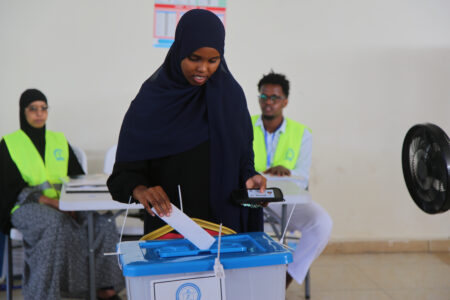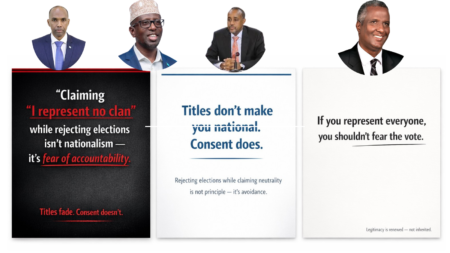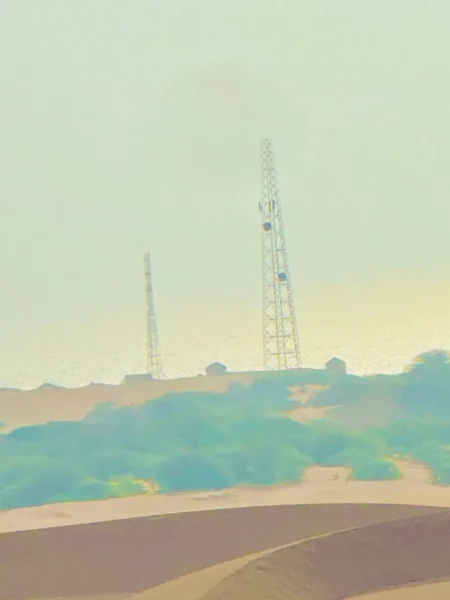Combating Al-Shabaab’s Online Propaganda: Somali IT Experts and Social Media Effort
The battle against extremist messaging, especially by groups like Al-Shabaab, has shifted heavily into the online sphere. These groups use websites and social channels to recruit and spread their narrative, with Somali-speaking communities being a frequent target. In response, Somali IT experts and influential voices on social media have stepped up, leading efforts to counter and reduce the reach of such propaganda. This initiative isn’t just about defending national security; it’s about protecting the integrity of Somali speakers’ online experience and fostering a safer digital community.

However, a major hurdle exists: several domain registrars continue to host websites linked to Al-Shabaab. These sites include:
- https://radiofurqan.info, registered through GNAME.COM PTE. LTD.
- https://calamada24.org, registered via Dreamscape Networks International Pte Ltd.
- https://somali-memo.info, hosted by NETIM SAS.

Combating Al-Shabaab’s Online Propaganda: Somali IT Experts and Social Media Effort
Raising Accountability for Domain Hosts
Calls for these companies to act and remove such domains have gone largely unanswered. Somali government agencies and international partners have reached out, stressing the importance of compliance with global laws against terrorist activities. Unfortunately, despite various communication efforts, these websites remain live.
When domain registrars permit such sites to operate, it goes beyond legality—it becomes a question of public safety and morality. These platforms serve as key channels for radical content and targeted hate. While combating this issue isn’t straightforward, tech firms are vital in reducing its impact.
What Needs to Be Done?
The solution isn’t limited to deleting a handful of domains; it involves comprehensive collaboration. Hosting firms must comply with international guidelines, but they also need to take proactive steps to prevent their services from being used to spread violent propaganda. Working with Somali institutions, global agencies, and relevant stakeholders will strengthen collective efforts against online radicalization.
It’s a team effort. By coming together, we can make strides in limiting Al-Shabaab’s digital reach and ensuring a safer space online for everyone, especially Somali speakers, to communicate and thrive.






